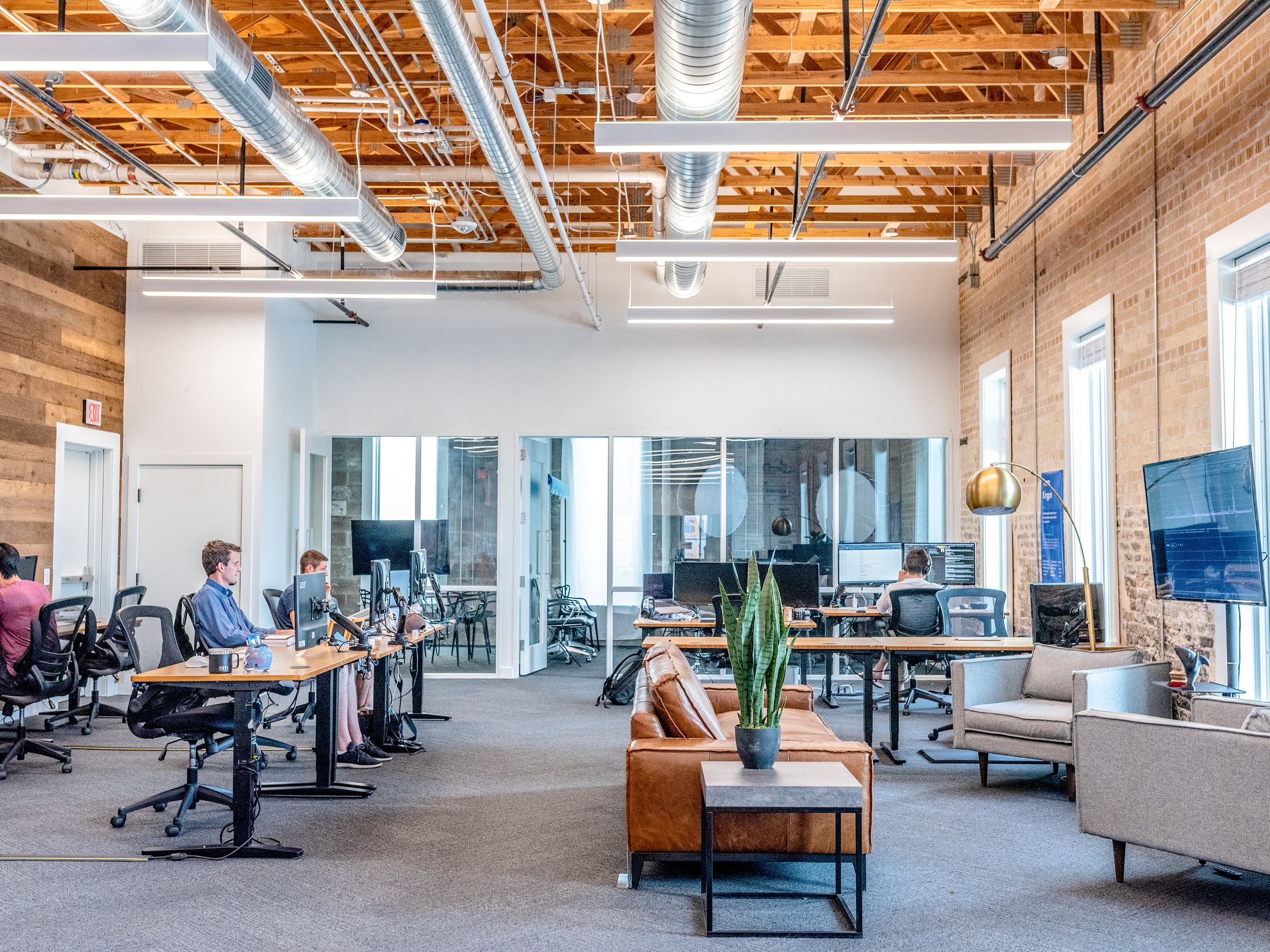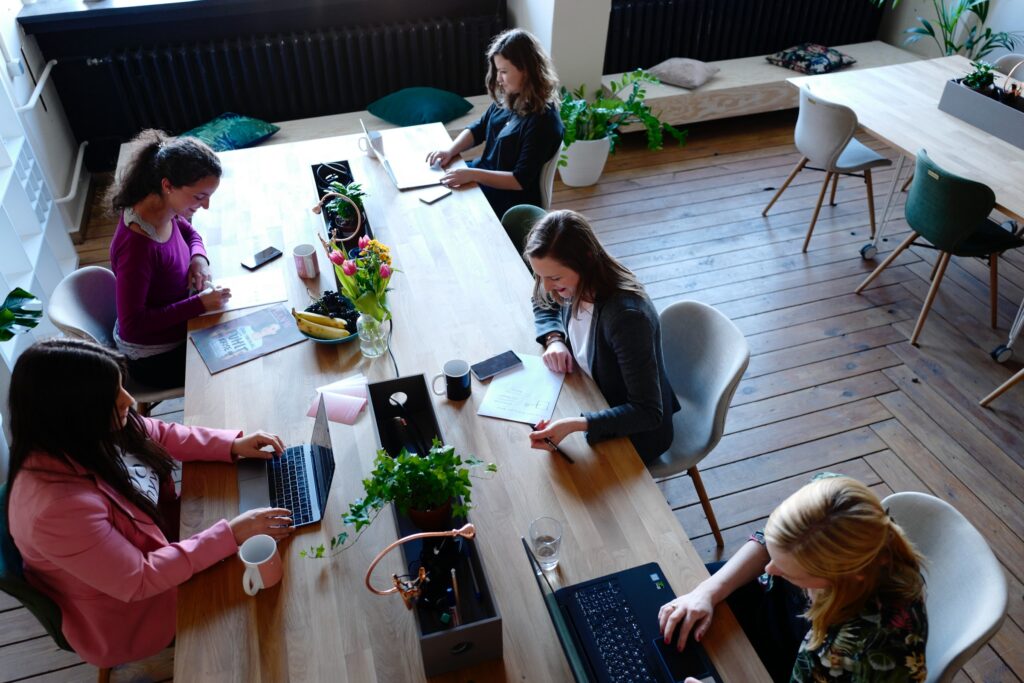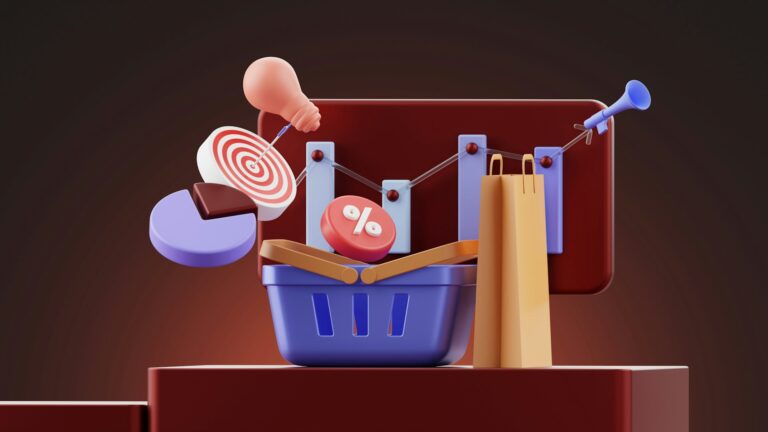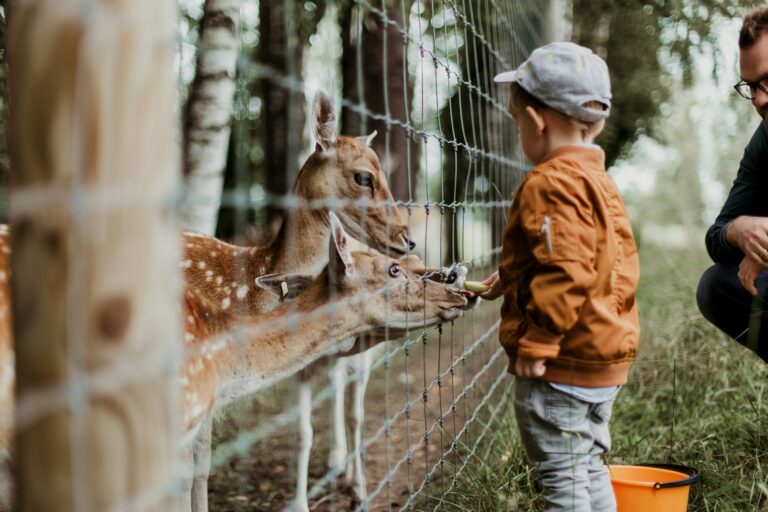
In the current and post-pandemicbusiness landscape, the most valuable assets for a company are “soft skills” like kindness and empathy. No, this doesn’t mean handing out hugs (unless that’s your thing); it does mean that the power of being kind goes a long way, especially at a time when so many employees and consumers are isolated.
Consider the following numbers:
–85% of employees today feel disengagedwhich results in a staggering $7 trillion in lost productivity. When employees feel valued, the result is less burnout and turnover.
-If you want a connection with your customer, prioritizing social good is a winner. One survey of the all-important millennial demoindicated that the main goal of a business should be to “improve society.”
-Kindness reaps bigger profits and better performance. A negative workplace results in a 16% lower profitability over one where employees are actively engaged.
The L.A.-based agency Bureau of Small Projects has made kindness-as business-practice their core mission. Their team has honed its marketing/branding skills within iconic brands and Fortune 500 companies including Walmart, Revlon, and Kellogg’s. Now, their focus is on helping small businesses and non-profits use this big-brand experience to make their marks.
It began during the production of the 2014 documentary, Kindness Is Contagious. Creative Director Dave Gaz had an “a-ha” moment: “[In making the film] We worked with a lot of startups, health care organizations, and nonprofits. People who made money making the world a better place….We wanted to do that, too, so we decided to take the principles that made big companies so successful and adapt them to small businesses, startups, and nonprofits – so that they’d be even better at improving the world.”
Gaz notes the powerfulmultiplier effect of kindness and why it makes such good business sense: “We found that one person doing a kind act impacted four other people, and so on. It’s exponential, the best kind of ‘network effect.’ That’s why it’s a major underpinning of our mission. It simply works.” [If you’d like to see the Kindness Is Contagious documentary, you can get it here free.]

Michael Newman, Chief Marketing Officer of the Bureau of Small Projects adds, “Companies are going to improve at understanding culture and personal growth as ways to move the corporate needle in the biggest way. Employee empowerment and feeling like they’re making a difference creates incredible efficiency and motivation.”The U.S. Chamber of Commerce Foundation agrees, noting that kindness helps with innovation; employees are more confident that they can try and “fail” at new ideas in a supportive environment.
It’s no secret that customers have always responded to companies whom they perceive as trustworthy and friendly. In the lightning-fast era of social media, a reputation carefully built over 20 years can be destroyed in five minutes. Being able to build a brand aligned with social good, kindness or empathy is more critical than ever.
“Helping small companies focus their marketing efforts on what’s most important for their growth and development is one of our biggest strengths,” states Newman. “It’s been hard to maintain when there’s been so much uncertainty from the pandemic and resulting economic chaos. We’re extremely honest with our clients in helping them achieve rock-solid value in their story.”
In 2021, the Kindness Economy will reshape how businesses and consumers engage with each other. The proven effectiveness of “soft skills” will be key in navigating the new landscape.
“After what this country has been through with the pandemic, people are craving a culture where we’re just ‘nice’ to each other again, where some bottom-line decency and awareness of ‘social good’ drive decision making. It’s going to be a gamechanger moving forward.”





